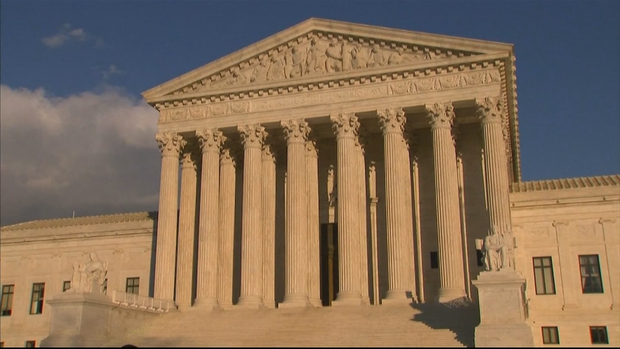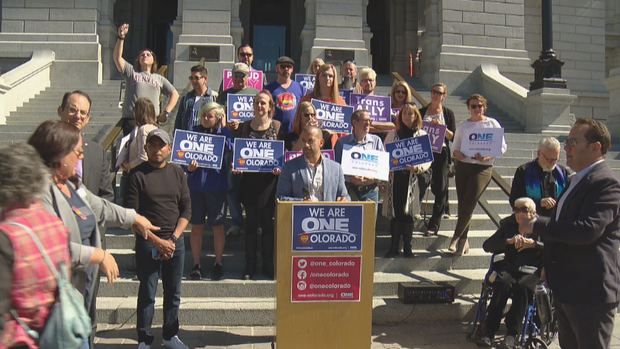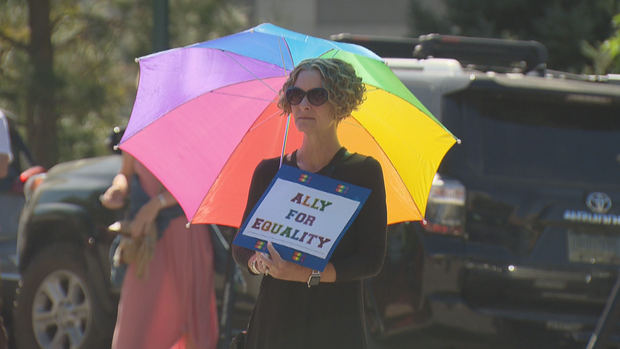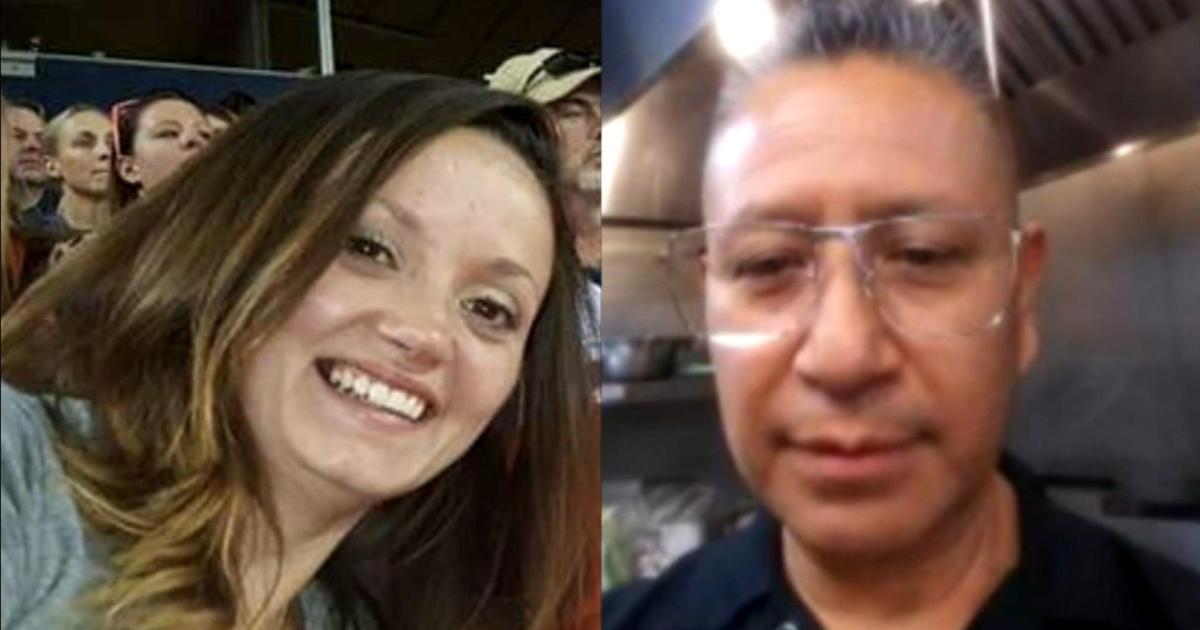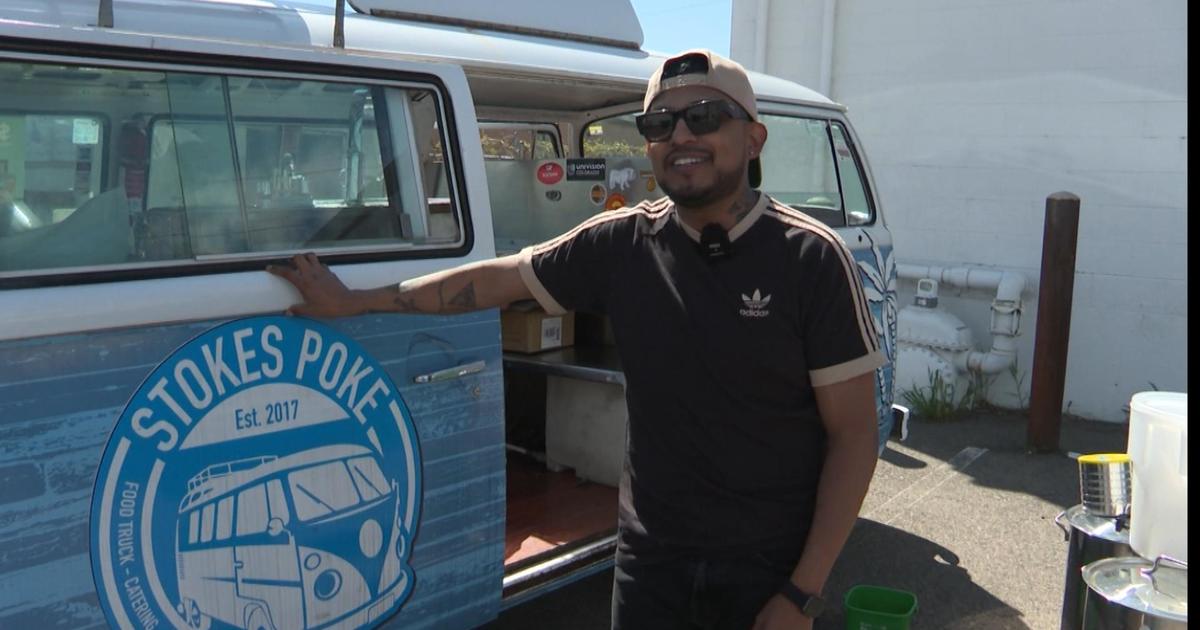LGBTQ Supporters In Colorado Rally for Stronger Protections Ahead Of Supreme Court Hearings
DENVER (CBS4) – The U.S. Supreme Court will hear three cases Tuesday to determine whether LGBTQ workers are included under Title VII of the Civil Rights Act. It protects against discrimination employment on the basis of sex, race, color, national origin and religion.
"We need the protections that Title VII provides 'on the basis of sex' and that includes protection against discrimination based on sexual orientation and gender identity," said Phil Weiser, Colorado Attorney General.
One Colorado, LGBTQ rights advocates and the Colorado Attorney General rallied in support of Title VII including the protection of people based on who they love and how they identify.
"When I first moved here, we were known as the hate state. We had just passed Amendment 2, which took away civil rights protection based on who you love or who you were," said Weiser. "We're standing with other states to fight not just for the values of Title VII, but the 14th Amendment that calls for the equal protections of all persons."
Colorado has come a long way since 1992, but much of the country is still living in the past. Currently, 29 states do not have full anti-discrimination policies that protect LGBTQ workers.
"That's 4.1 million Americans that do not have the security of knowing they cannot be fired for who they are or how they identify," said Daniel Ramos, One Colorado's Executive Director.
In 2008, Colorado extended protection to people from discrimination based on sexual orientation and gender identity. LGBTQ business-owner, Alejandro Flores, still remembers the fear of being judged while applying for jobs.
"They have to check boxes or answer questions that are not normal, that should not be asked in a workplace. I didn't know to answer truthfully or not. If I answered truthfully, I was afraid my employment would suffer from it. There are people in the country right now who live in the shadows because they're afraid they won't be able to provide for their family," said Flores, owner of Stokes Poke.
The Supreme Court is expected to make a decision by June 2020.
